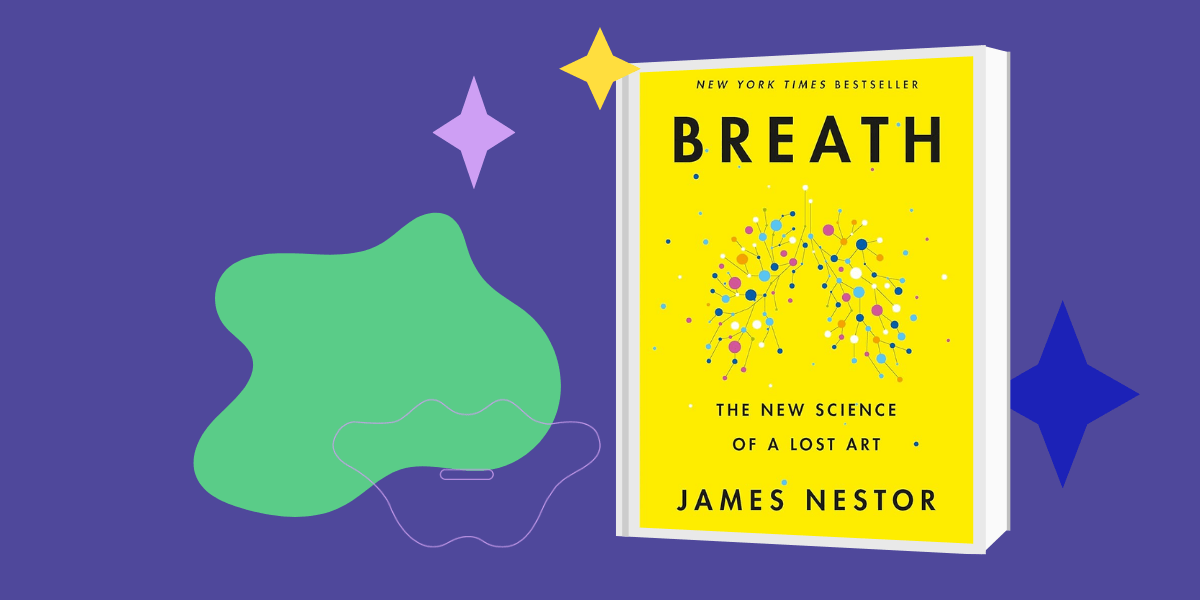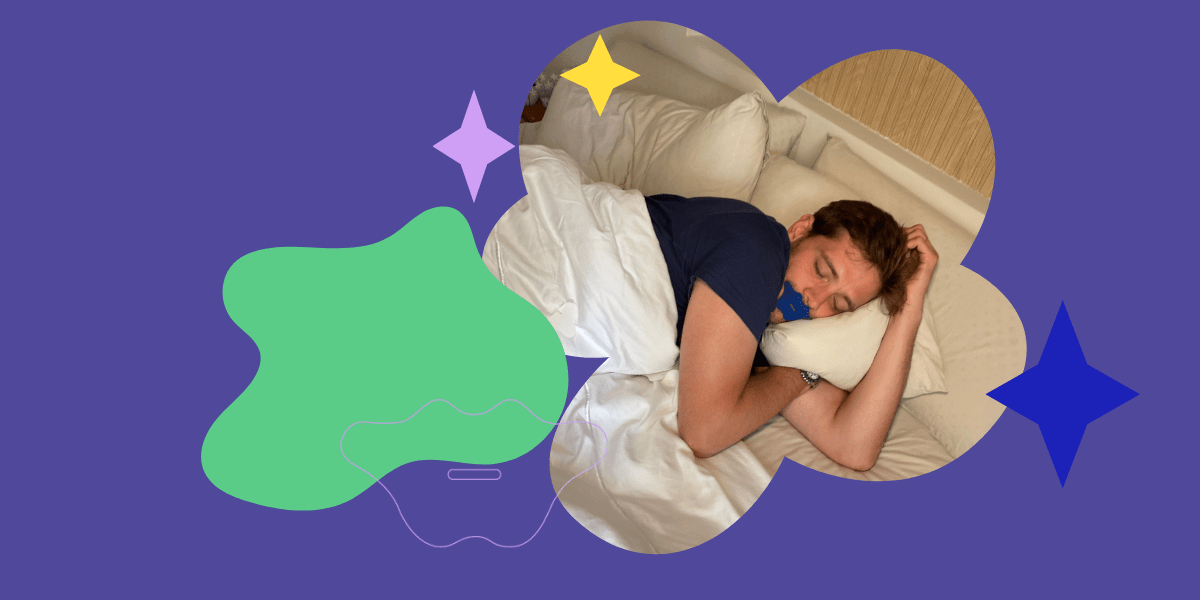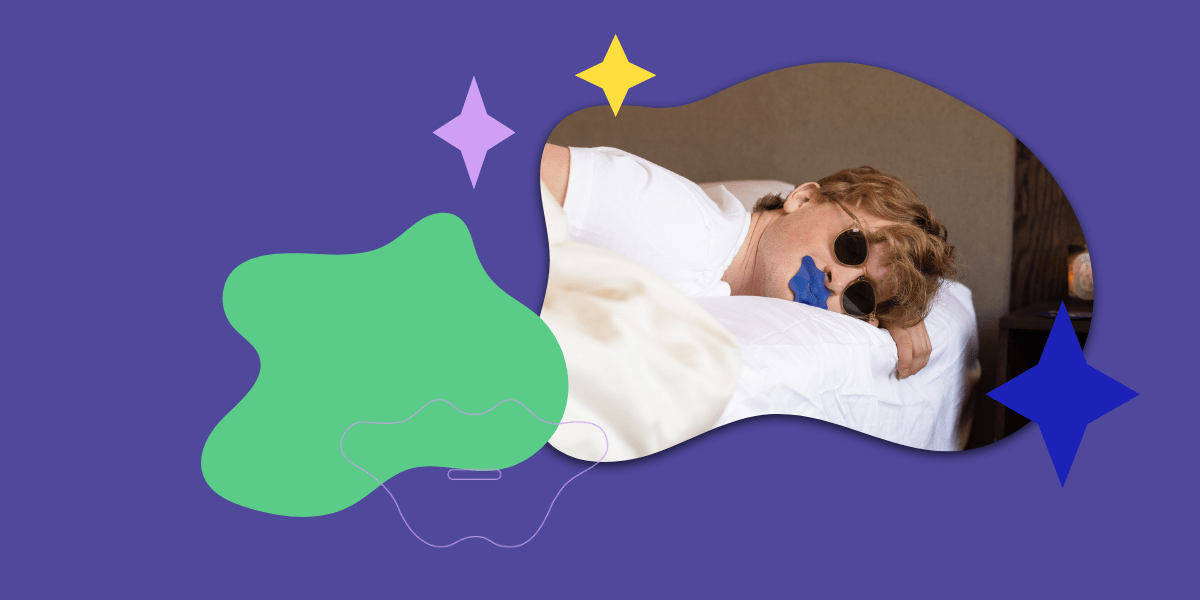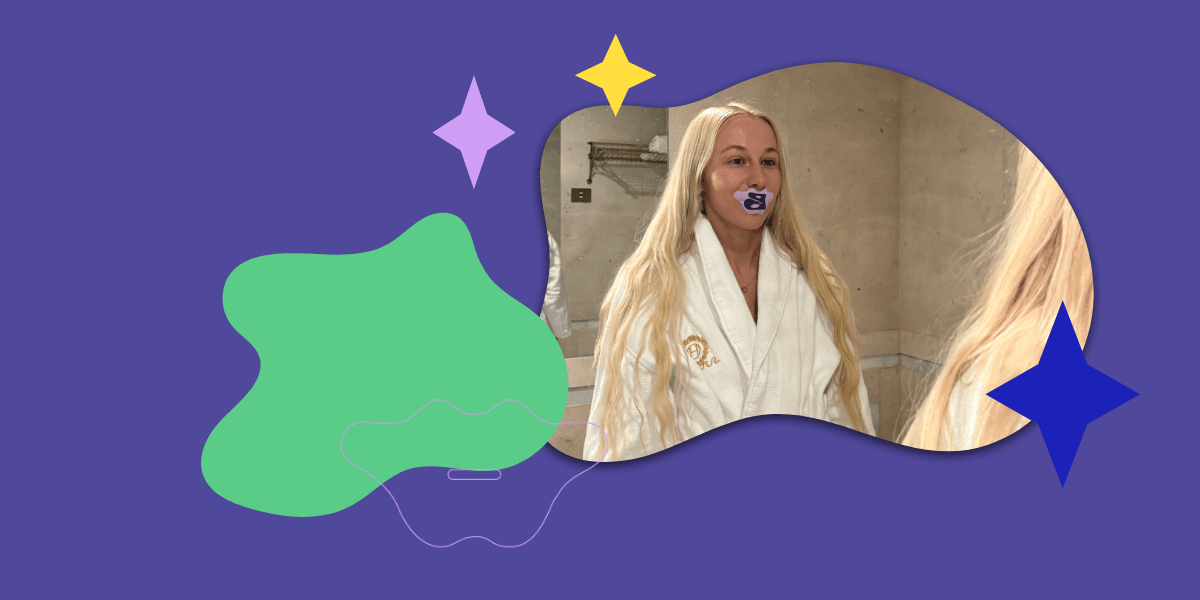James Nestor’s Breathing Experiment: 10 Days Mouth Breathing vs Nose Breathing

Have You Heard of James Nestor’s *Breath*?
If you’ve ever wondered whether how you breathe really matters, James Nestor’s bestselling book Breath: The New Science of a Lost Art has an unforgettable answer. To prove it, Nestor and Swedish breathing expert Anders Olsson ran a radical experiment at Stanford: 20 days of controlled living where the only variable was their breath. The results? Nothing short of shocking.
The Setup: Same Routine, One Big Difference
For the experiment, Nestor and Olsson ate the same meals, went to bed at the same time, and did the same exercises. Every detail was controlled.
The only difference? How they breathed.
First, 10 days of mouth-only breathing. Then, 10 days of nose-only breathing.
The question was simple: Could the way we breathe really make that much of a difference?
Phase 1: Life With Mouth Breathing
It didn’t take long for things to go downhill.
Nestor describes it bluntly:
“I went from snoring a couple minutes a night to, within three days, I was snoring four hours a night … I developed sleep apnea. My stress levels were off the charts. … I felt awful.”
And the data backed it up:
- Snoring time increased by ~4,820% in just 10 days.
- He averaged 25 apnea events per night.
- His blood pressure spiked to 142 mm Hg (Stage 2 hypertension).
- Oxygen levels dropped below 85%, a range where the body is deprived of adequate oxygen.
Both men felt constantly fatigued, irritable, and foggy-minded. Simple workouts left them weak and nauseous. Ten days of mouth breathing left them feeling like they’d aged years.
Phase 2: The Nasal Breathing Reset
Then they switched—nostrils open, mouths closed, same daily routine.
To make sure they stayed consistent even while asleep, they used nocturnal mouth taping—a simple tool to keep the mouth shut and allow the nose to do the work it was designed for.
The turnaround was dramatic:
- Snoring dropped by 85% and disappeared completely within two nights.
- Sleep apnea vanished.
- Blood pressure returned to healthy levels.
- Stationary bike performance improved by 5–10%.
As Nestor put it:
“The benefits were undeniable. I felt healthier, sharper, and more human.”
So What Did They Learn?
The experiment made one thing crystal clear:
- Mouth breathing triggers stress, poor sleep, and fatigue—even when everything else in life stays the same.
- Nasal breathing reverses those effects fast, fueling deeper sleep, calmer nerves, and better focus.
- The nose isn’t just a hole in your face—it’s a powerful regulator that filters, pressurizes, and optimizes every breath.
Or in Nestor’s own words:
“No matter what we eat, how much we exercise, how resilient our genes … none of it will matter unless we’re breathing correctly. The missing pillar in health is breath. It all starts there.”
Why This Matters for You
You don’t need to tape your nose shut for ten days to prove the point. Nestor and Olsson already did the hard part. What their experiment shows is just how quickly mouth breathing can harm—and how quickly nasal breathing (with a little help from mouth tape at night) can heal.
Small steps, like paying attention to your breathing during the day or gently using mouth tape at night, could be the simplest way to unlock better sleep, calmer mornings, and stronger performance.
Close your mouth, open your nose, and watch your health transform.
👉 If you’re interested in the full story, check out James Nestor’s bestselling book: Breath: The New Science of a Lost Art.





Comments